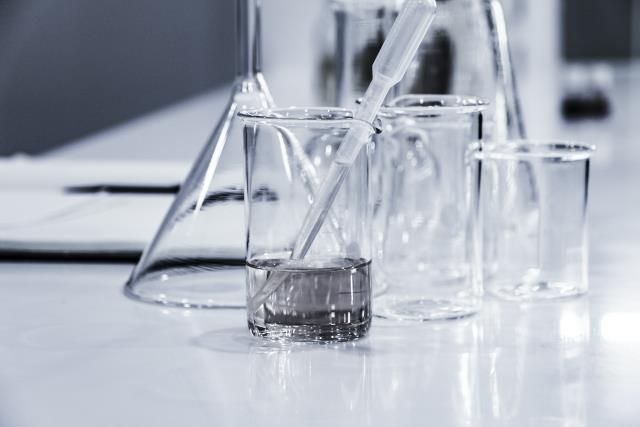A new study has found a previously under-characterised protein plays a supportive role in cholesterol production.
The research by the University of New South Wales (UNSW) shows the protein ERG28 helps to organise the molecular machinery needed to synthesise cholesterol.
Study lead author Isabelle Capell-Hattam said the role of the protein was “previously unknown”.
“We now know it’s one of many auxiliary factors influencing cholesterol production in mammalian cells,” she said.
Ms Capell-Hattam and researchers in the School of Biotechnology and Biomolecular Sciences looked at cholesterol production in human-derived cell lines with ERG28 knocked out, and found the genetically modified cells produced a lot less cholesterol than normal, healthy cells.
“When we got rid of the protein, we found there was around a 60 to 80 per cent reduction in how much cholesterol the cell can synthesise, so it’s a significant drop,” Ms Capell-Hattam said.
“So while not essential, without ERG28, the cells struggle to produce cholesterol in an environment where they must synthesise it to survive.”
A UNSW Sydney statement said enzymes were crucial for powering the body’s metabolic processes including cholesterol synthesis.
“While many enzymes are individually functional units, others work better by binding together with support proteins to help make larger, more efficient molecular machinery,” UNSW said.
“Many of these support proteins have previously been spotted in our cells. But for some, like ERG28, their role in modulating cholesterol function has only been speculated based on our understanding of its equivalent protein in yeast.
“This is because the way cholesterol is synthesised is relatively similar to how yeast synthesise ergosterol, a component of fungal membranes that serves many of the same functions that cholesterol serves in animal cells.”
However, this is only “partially the case” in humans. The study found ERG28 appears to exert more control over the cholesterol synthesis pathway than was previously observed in yeast studies.
“Its functions seem to have expanded to control more elements of cholesterol synthesis in humans,” Ms Capell-Hattam said.
“Not only were our cells [without ERG28] struggling to produce cholesterol, but it appears to be impacting the transcription of the mRNA for cholesterol synthesis genes.”
UNSW said the research team was looking to conduct a follow-up study to further explore the role ERG28 plays in the metabolic pathway.
“While this discovery alone may be molecular in size, understanding all the factors involved in the cholesterol synthesis pathway and different novel control points may lead to advances in managing health and disease,” UNSW said.
“Reducing high blood cholesterol levels is vital for managing heart disease risk. The statin class of drugs inhibit a very early step in cholesterol synthesis and has been effective in treating heart disease. However, they are not without their side effects.
“Altered production of cholesterol is also emerging as a driver behind cancer progression. A previous study found ERG28 to be overexpressed in some cancer cell lines.”
Ms Capell-Hattam said inhibiting cholesterol synthesis, alongside chemotherapeutics, might one day be a “viable treatment for slowing some types of cancers”.
“The more we understand how our bodies make and control cholesterol, the better it is from a health perspective,” she said.







